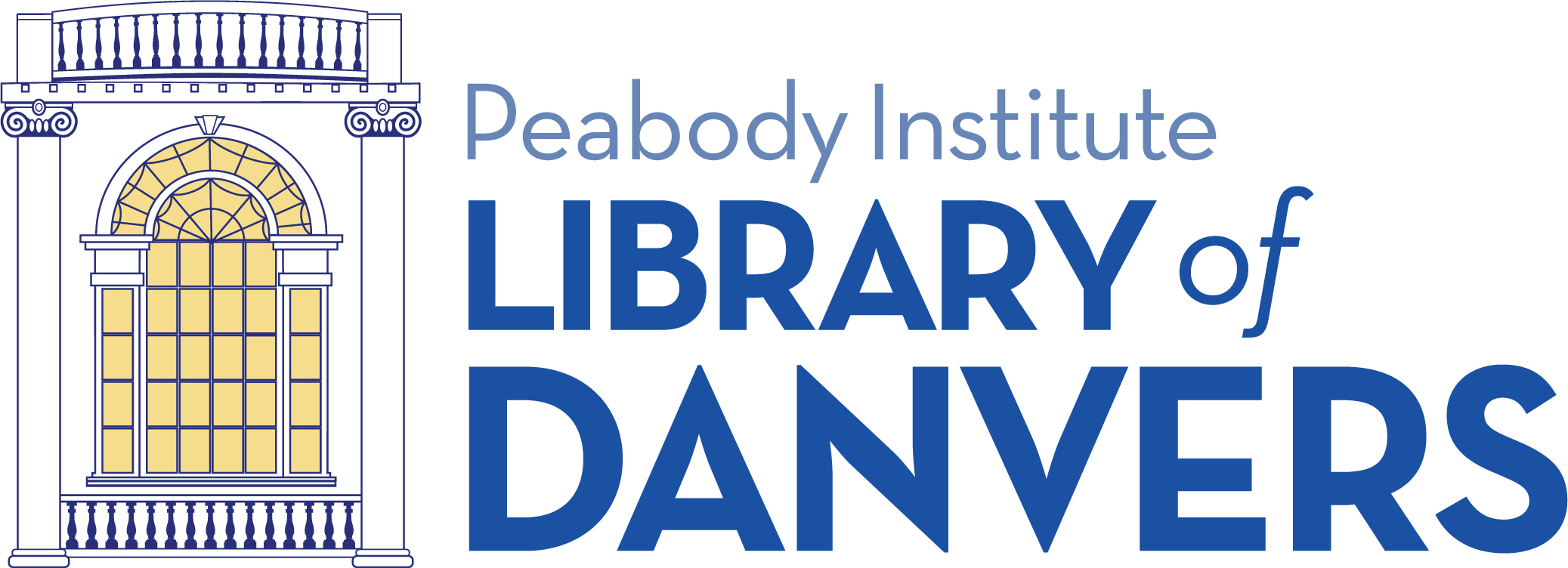Teaching children how to be kind friends, how to see things through a growth mindset, how to cope with anger and sadness, and simply how to manage the highs and lows of life is perhaps just as important as teaching children how to add and subtract or sing the alphabet song. Within the past few decades, there has been a push in the world of education to explicitly teach children social and emotional skills. This fall, I will embark on my first year as a kindergarten and first grade special educator. Over the past four years of undergraduate work, I have had the opportunity to both learn about and use many high-quality children’s books related to social and emotional learning. Therefore, with the school year quickly approaching, I thought it might be helpful to create a list of a few of my favorites!
 My Day is Ruined!: A story for teaching flexible thinking by Bryan Smith
My Day is Ruined!: A story for teaching flexible thinking by Bryan Smith
Social/Emotional Skill Taught: Flexible Thinking
Quick Synopsis: When the championship baseball game gets rained out, ballplayer Braden curls up on the couch and cries. Just another one of his overreactions. Braden always lets small disappointments ruin his day, so his mom and teacher give him a lesson on “flexible thinking.” Will this help Braden feel better when disappointment comes his way?–Publisher.
Extension Activity: After discussing how to use flexible thinking, have students engage in a bridge or tower building activity. However, they can only use their non-dominant hand to touch the materials! If students begin to feel frustrated, remind them of the lesson they just learned from the story.
 Bubble Gum Brain : ready, get mindset … grow! by Julia Cook
Bubble Gum Brain : ready, get mindset … grow! by Julia Cook
Social/Emotional Skill Taught: Growth Mindset
Quick Synopsis: “Meet Bubble Gum Brain and Brick Brain: two kids with two very different mindsets. Bubble Gum Brain likes to have fun adventures, learn new things, and doesn’t worry about making great mistakes. Brick Brain is convinced that things are just fine the way they are and there’s not much he can do to change them, so why try? When Bubble Gum Brain shows Brick Brain how to peel off his wrapper, Brick Brain begins to realize just how much more fun school…and life… can be!”–Back cover.
Extension Activity: Growth mindset, like many of these skills, must be taught throughout the year. After reading this story, have students brainstorm alternatives to saying “I can’t”. Classroom Dojo also has a really great (and free!) series of videos that highlights the importance of developing a growth mindset. My second-graders really loved and engaged with it!
 Percy Gets Upset by Stuart Murphy
Percy Gets Upset by Stuart Murphy
Social/Emotional Skill Taught: Anger management skills
Quick Synopsis: “Mommy and Daddy help their son calm down and feel better when situations during the day make him angry.”
Extension Activity: After reading about Percy, have students pick one anger management strategy that they want to try. Depending on the grade/level of the students, you can have them write a pledge or journal about the strategy. As a group or class you can also practice taking deep breaths together or talking through different scenarios and how one could react.
 The Color Monster: a story about emotions by Anna Llenas
The Color Monster: a story about emotions by Anna Llenas
Social/Emotional Skill Taught: Identifying emotions
Quick Synopsis: “Emotions, including happiness, sadness, anger, fear, and calm, are described through the actions of a monster sorting them out.”
Extension Activity: Children, especially in the younger grades, may struggle to identify the emotions of both their peers and even themselves. Therefore, it is important to use stories to help teach students how to identify each of the many emotions we express each day. Use picture cards and brief make-believe scenarios and have students identify the emotion that would be related with either the picture or the situation.
 The Girl Who Never Made Mistakes by Mark Pett and Gary Rubinstein
The Girl Who Never Made Mistakes by Mark Pett and Gary Rubinstein
Social Emotional Skill Taught: Dealing with mistakes
Quick Synopsis: “Beatrice is so well-known for never making a mistake that she is greeted each morning by fans and reporters, but a near-error on the day of the school talent show could change everything.”
Extension Activity: Making mistakes is a part of being human. However, learning how to deal with the many negative emotions that are associated with making a mistake sometimes needs to be explicitly taught. After the story, have students reflect on a mistake that they have made and how it made them feel. Then, talk about how we can learn from our mistakes!


